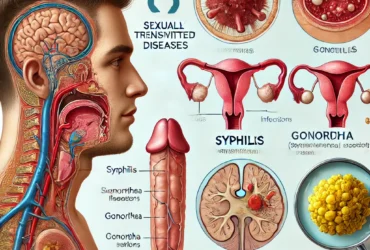Diarrhea is a common health issue in Nepal, affecting people of all ages. It is characterized by frequent, loose, or watery stools and can lead to dehydration if not managed properly.
Causes of Diarrhea
Diarrhea can be caused by various factors, including:
- Infections: Bacterial, viral, or parasitic infections from contaminated food or water.
- Poor sanitation: Lack of access to clean drinking water and improper hygiene practices.
- Food intolerance: Consumption of food that the body cannot properly digest.
- Medications: Side effects from antibiotics or other drugs.
- Chronic conditions: Irritable bowel syndrome (IBS), inflammatory bowel disease (IBD), and other digestive disorders.
Symptoms of Diarrhea
- Frequent, loose, or watery stools
- Abdominal cramps
- Nausea and vomiting
- Fever
- Dehydration symptoms (dry mouth, dizziness, reduced urination)
Treatment & Management
- Hydration: Drink plenty of fluids, including oral rehydration solution (ORS), to prevent dehydration.
- Balanced Diet: Eat light, easily digestible foods such as rice, bananas, and yogurt.
- Medication: If caused by bacterial infection, antibiotics may be prescribed by a doctor.
- Rest: Allow your body time to recover.
Preventing Diarrhea
- Drink clean, purified, or boiled water.
- Maintain proper hand hygiene.
- Eat properly cooked and hygienic food.
- Get vaccinated against rotavirus (a common cause of diarrhea in children).
- Avoid street food in areas with poor sanitation.
When to See a Doctor
Seek medical help if:
- Diarrhea persists for more than 2 days.
- There are signs of severe dehydration (sunken eyes, confusion, extreme thirst).
- You notice blood in the stool.
- You have a high fever along with diarrhea.
At Advanced Poly Clinic, we provide expert medical care to diagnose and treat diarrhea effectively. If you or a loved one is experiencing severe diarrhea, consult our doctors for proper guidance and treatment.
📞 01-4531078 or 01-4543386






